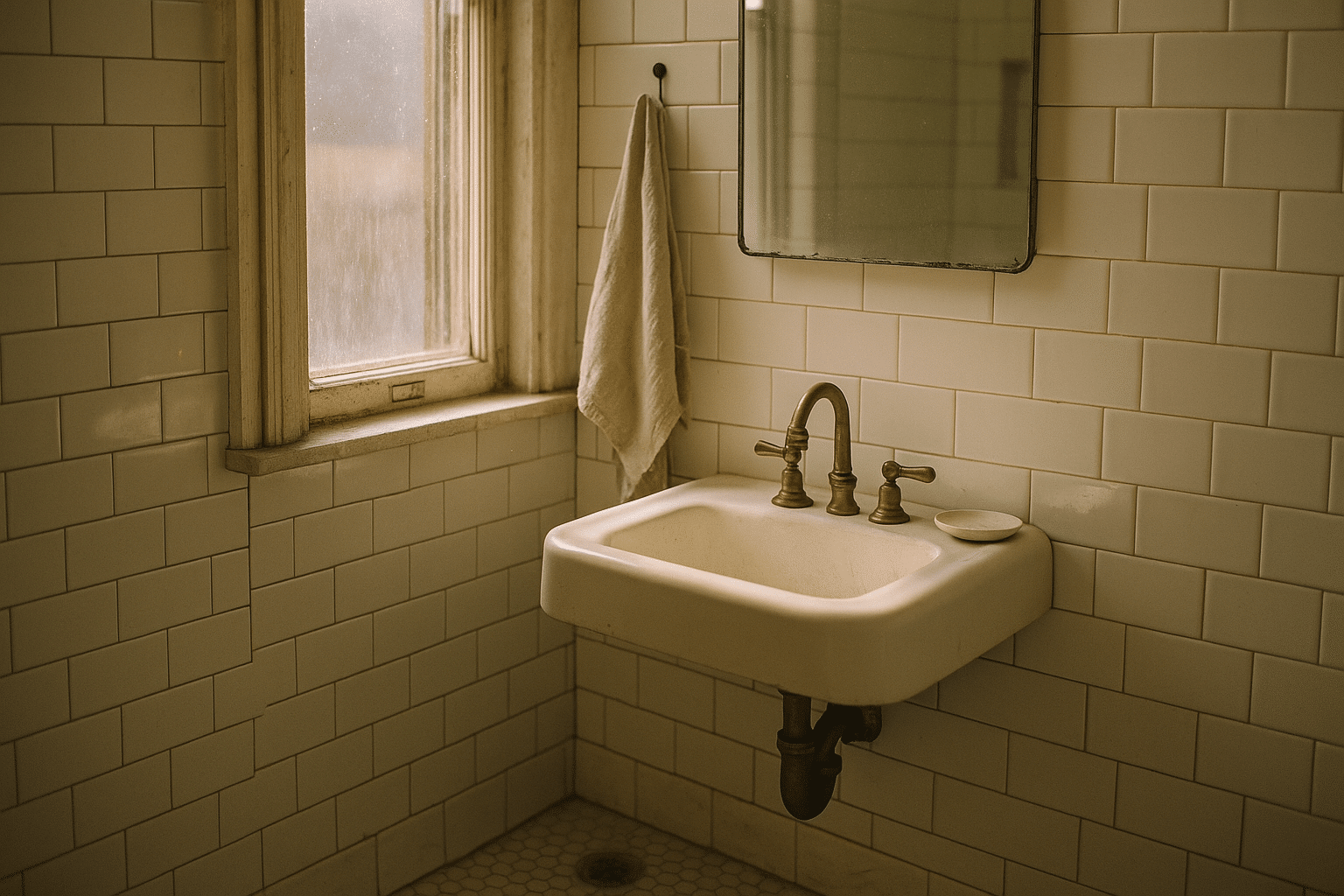
The Impact of Digital Detox on Mental Clarity
Amid the constant buzz of notifications and the allure of endless scrolling, finding mental clarity can feel like a distant dream. Yet, the idea of a digital detox—a break from digital devices—offers a promising path to reclaiming focus and tranquility.
The Impact of Digital Detox on Mental Clarity
For many, the digital world has become an integral part of daily life, offering both convenience and information at the touch of a button. However, this constant connectivity can lead to mental fatigue and a diminished ability to concentrate. A digital detox, which involves stepping away from screens, can significantly enhance mental clarity and overall well-being.
Expert Insights
Dr. Emma Collins, a psychologist specializing in technology’s impact on mental health, notes that “taking regular breaks from digital devices can help reset our brains and improve cognitive functions.” This perspective is supported by a study published in the Journal of Environmental Psychology, which found that participants who engaged in a digital detox reported decreased stress levels and improved concentration.
Research Findings
Statistics from a survey conducted by the Pew Research Center reveal that nearly 30% of adults in the U.S. feel they spend too much time on their smartphones. Additionally, research from the University of California indicates that frequent interruptions from digital devices can lead to a 40% reduction in productivity.
Personal Experience
Take the case of Alex, a marketing professional who embarked on a week-long digital detox. Initially challenging, Alex reported a newfound sense of calm and a more focused mind after just a few days. This personal anecdote highlights the immediate benefits of unplugging.
Practical Tips for a Successful Digital Detox
- Designate specific times for checking emails and social media.
- Create tech-free zones in your home, such as the bedroom or dining area.
- Engage in offline activities like reading, hiking, or crafting to fill the void left by digital devices.
Comparison Table: Before and After Digital Detox
| Aspect | Before Detox | After Detox |
|---|---|---|
| Mental Clarity | Clouded, distracted | Focused, clear |
| Stress Levels | High | Reduced |
| Sleep Quality | Poor | Improved |
| Productivity | Low | Enhanced |
| Social Interaction | Digital-heavy | More personal, engaging |
| Screen Time | Excessive | Balanced |
| Physical Activity | Limited | Increased |
| Emotional Well-being | Volatile | Stable |
Frequently Asked Questions
What are the signs that I need a digital detox?
Signs include feeling anxious without your phone, difficulty concentrating, and disrupted sleep patterns.
How long should a digital detox last?
There’s no set rule; it can be as short as a day or as long as a month, depending on your needs.
Can a digital detox improve sleep?
Yes, reducing screen time—especially before bed—can lead to better sleep quality.
Conclusion
Incorporating regular digital detoxes into your routine can be a transformative practice for enhancing mental clarity, reducing stress, and improving overall quality of life. By setting boundaries with technology, you can create more space for mindfulness, productivity, and meaningful connections. Why not take the first step today and schedule your next digital detox?


